Publications
Articles, publications, books, tools and multimedia features from the U.S. Institute of Peace provide the latest news, analysis, research findings, practitioner guides and reports, all related to the conflict zones and issues that are at the center of the Institute’s work to prevent and reduce violent conflict.
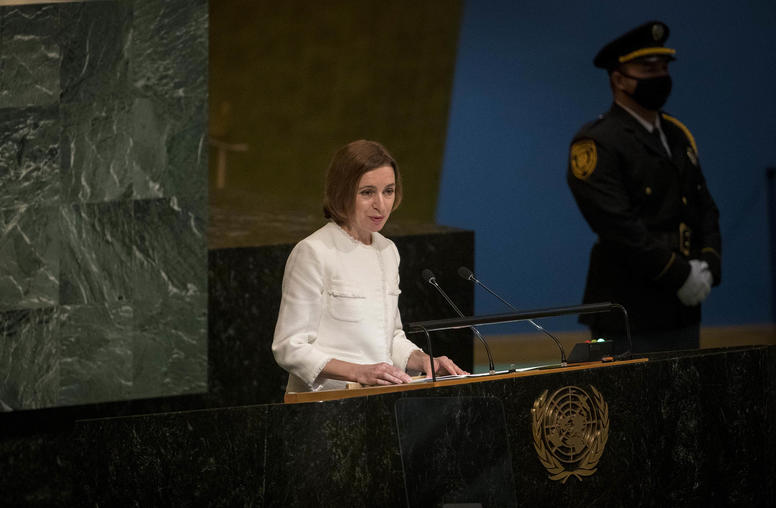
Russia’s War on Moldova Will Be Political in 2024. And Then?
As Ukraine defends its independence and democracy against Russia’s invasion, tiny Moldova confronts a parallel Russian “hybrid war” — and the past 12 weeks have sharpened this battle for Moldova in 2024. Moldova advanced its accession to the European Union and joined EU sanctions against Russians driving the war on Ukraine. Moldova’s government scheduled a referendum to ratify the country’s future as a European democracy after more than 150 years as a militarized frontier of Russian empires. Russia’s malign uses of information, election interference and capacity to trigger a real war — a second front against Europe — heighten the urgency to strengthen Moldova’s resilience and energize its pro-democracy constituency in 2024.

The United States Weighs Its Options in the Face of Iran’s Provocations
Three U.S. troops were killed and at least 34 injured in a drone strike on a U.S. base in northeast Jordan on January 28. The attack comes against a backdrop of rising regional tensions since the outbreak of conflict in Gaza following the October 7 Hamas terrorist attack on Israel.

Joseph Sany on Secretary Blinken’s Africa Tour
U.S. Secretary of State Antony Blinken recently made diplomatic stops across West Africa to continue building U.S.-Africa cooperation. However, USIP’s Joseph Sany says, “The U.S. has to ensure that the speeches are followed by deed,” adding that “African countries will also have to play their part.”
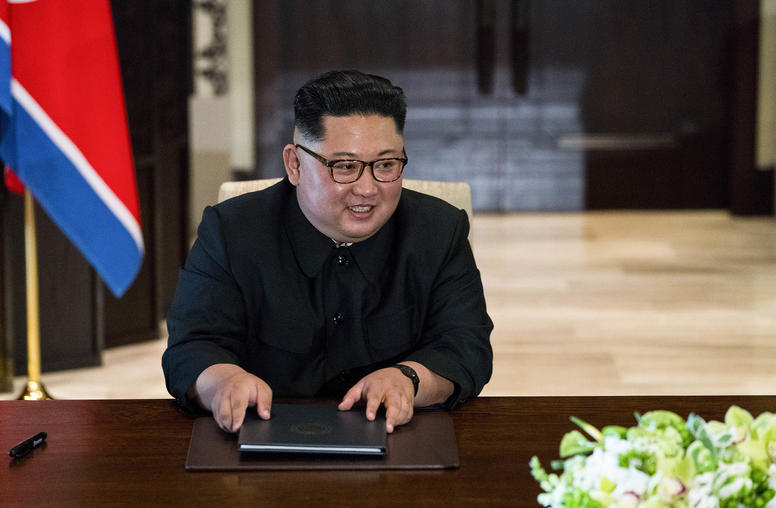
If You Want Peace, Prepare for War, and Diplomacy
At this Kim Dae-jung Peace Forum, it’s useful to recall seemingly paradoxical advice offered by a fourth-century Roman general: Si vis pacem, para bellum. “If you want peace, prepare for war.”
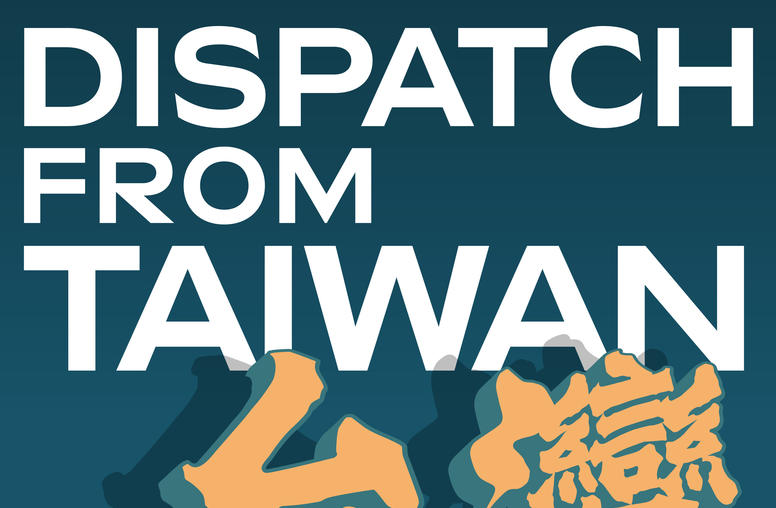
‘Silicon Shield’: Looking Beyond Semiconductors
Taiwan makes 65 percent of the world’s semiconductors and roughly 90 percent of the world’s most advanced computer chips. In this episode of "Dispatch from Taiwan," we look at what’s known as the “silicon shield,” its history, its substance, and how Taiwanese citizens view this critical industry. Most importantly, what’s the next big thing?
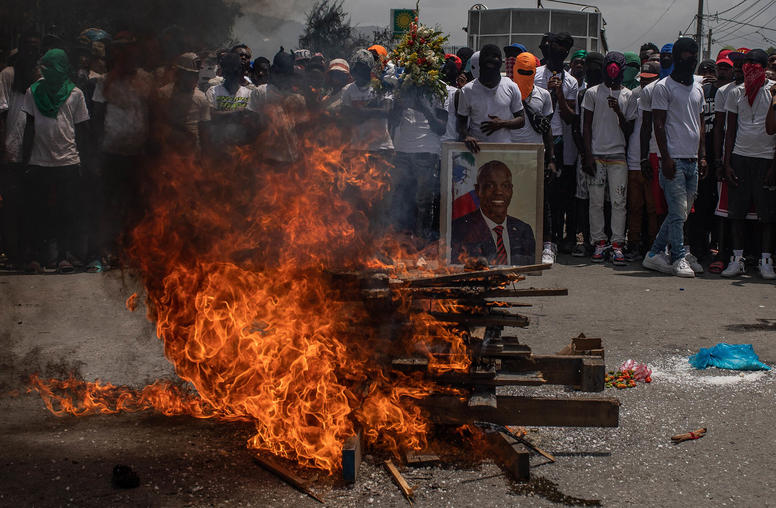
Wanted: A Reset of Haiti Policy
Haiti’s governance vacuum triggered by President Jovenel Moïse’s assassination in July 2021 shows few encouraging signs. Violence, notably around Port-au-Prince, has not only grown in lethality, but politically has become the central issue shaping domestic and international discussions. The imminent expiration of acting Prime Minister Ariel Henry’s term in office on February 7 means Haiti’s political crisis is on course to become more intransigent.

Mary Speck on the Challenges Facing Guatemala’s New President
Despite legal challenges, Bernardo Arévalo has finally assumed Guatemala’s presidency. Attention now shifts to whether his anti-corruption platform can make a difference in a region beleaguered by instability, says USIP’s Mary Speck: “There’s a great deal of hope that Arévalo can show that democracy actually works.”
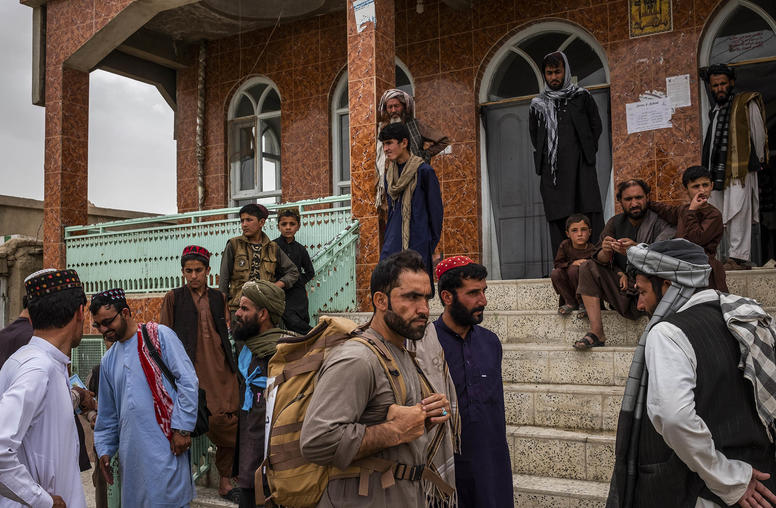
In Religious Conflicts, Bolstering the Role of Military Chaplains
In the 2020s, how urgently should the U.S. military prepare to address religious facets of armed conflicts? Violence from Beirut to the Red Sea this month threatens to spread the Israel-Hamas war regionwide. Violence fueled through religious identities and extremisms also afflicts Asia and Africa. Russia manipulates religion to justify its invasion of Ukraine. However, simultaneously, religious ideas can help resolve conflicts. The United States should seize a current opportunity to improve its ability to navigate the religious terrain of conflicts with enhanced training and roles for an often under-appreciated resource: military chaplains.
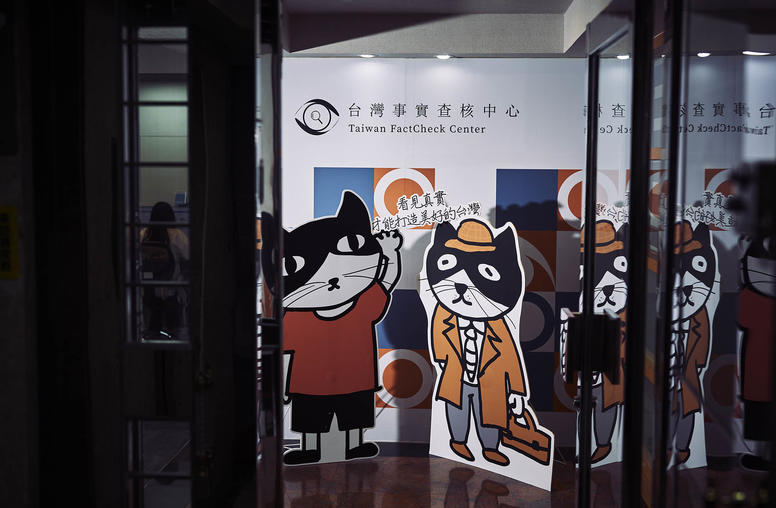
Taiwan’s Democracy Prevailed Despite China’s Election Interference
The election of Lai Ching-te, or William Lai, as Taiwan’s next president despite firm opposition from China is a positive sign that democracy is alive and well on the island nation. Nevertheless, the fact that Lai, whom China has deemed a “troublemaker” and “separatist,” won by a narrow margin, and his Democratic Progressive Party (DPP) lost its majority in the Legislative Yuan, will be seen in Beijing as an acceptable outcome, as it restricts Lai’s ability to advance his agenda and reveals the limits of the DPP’s appeal.
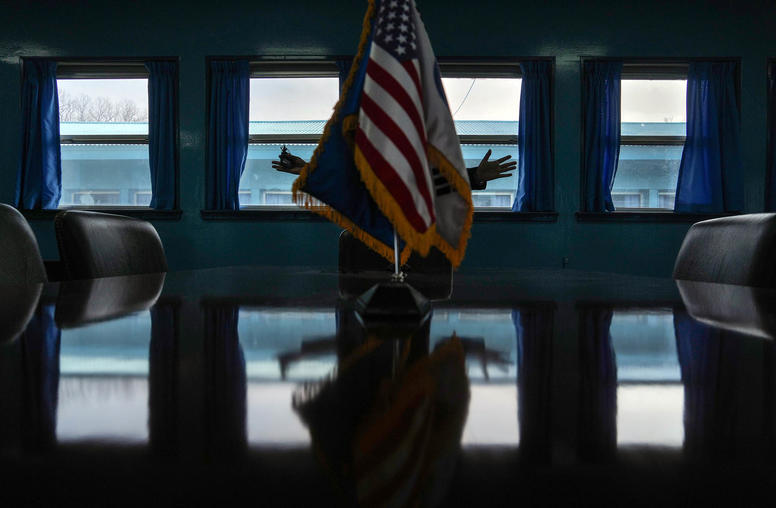
Revisiting the Two-State System for Peaceful Coexistence on the Korean Peninsula
The mounting tensions and risk of nuclear war that plague the Korean Peninsula today are typically attributed to a combination of North Korea’s aggressive nuclear posture and doctrine and the U.S.-South Korea alliance’s proactive deterrence countermeasures. However, while these factors are proximate and important, they themselves stem from a deeper, fundamental cause. The longstanding division of the Korean Peninsula has trapped the two Koreas in an endless unification competition to outcompete and take over one another, which drives the arms race and confrontational military postures against each other. Advancing a “two-state system” that mitigates the unification competition may help promote peaceful coexistence between South and North Korea and reduce the risks of conventional and nuclear war on the peninsula.